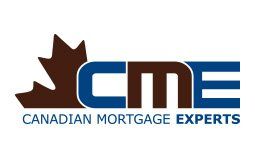Planning Ahead to Get the Best Terms on Renewal!
DLC Canadian Mortgage Experts • February 3, 2021

If your mortgage term is almost up for renewal, there’s a good chance you’ll be pleasantly surprised with the low-interest rates available on the market today. While the pandemic has caused a lot of economic uncertainty, the result has been very low interest rates. In fact, the Government of Canada has indicated that rates will most likely stay low until 2023.
So if your mortgage is up for renewal in the next 6 months, here’s what you should do.
Start now. Yep, right now.
Getting ahead of your renewal is one of the most important things you can do. This will ensure that you don’t get busy, forget about the deadline, and have to make a rush decision. Or worse yet, your mortgage won't renew into a product you didn’t choose for yourself. You’ll want to weigh your options and make the best choice for you. This can take time. So start now.
One of the benefits of reviewing your renewal with an independent mortgage professional is saving hours of research. We deal with mortgage financing daily; our job is to keep up with all the lenders and their products and provide you with professional advice.
Please connect with us to discuss your renewal. We’d be more than happy to outline all your options.
Don’t sign your lender’s renewal offer.
If you’ve already received a renewal letter from your current lender, the last thing you want to do is just select the term with the lowest rate, sign it, and send it back. You have more options than this.
Renewal documents will showcase rates and products that are good for the lender, not necessarily for you. Mortgage lenders are in the business of making money, and as close to half of people sign their initial renewal offer without negotiating a better rate, lenders don’t feel they have to put their best offer forward. In fact, they make more money by doing the exact opposite.
Just because your current lender was the best choice when you got your last mortgage doesn't mean they're still the best choice now. Make sure to consider all your options, not just the options in front of you. Let’s talk.
Don’t get stuck on the rate.
Modern consumerism has us conditioned to believe that the lowest price is always the best. And although this might be the case when buying stuff at the thrift store, it certainly isn’t when considering mortgage financing. Interest rate is only one thing you should consider when renewing your mortgage.
Your goal should be to assess the quality of your next term by how much it lowers your overall cost of borrowing. Life is full of changes; you’ll want to ensure the features of your mortgage, such as term length, mortgage type, penalties, portability, and prepayment privileges, all line up with your goals. The lowest rate mortgage doesn’t always come with the most flexible terms. And sometimes, it makes sense to take a higher rate for better terms. Professional advice will help a lot as you make your decision.
So there you have it. If your mortgage is up for renewal anytime in the next six months, please contact any of our Canadian Mortgage Experts directly! Let's work together to secure the best mortgage for you.
RECENT POSTS

Did you know there’s a program that allows you to use your RRSP to help come up with your downpayment to buy a home? It’s called the Home Buyer’s Plan (or HBP for short), and it’s made possible by the government of Canada. While the program is pretty straightforward, there are a few things you need to know. Your first home (with some exceptions) To qualify, you need to be buying your first home. However, when you look into the fine print, you find that technically, you must not have owned a home in the last four years or have lived in a house that your spouse owned in the previous four years. Another exception is for those with a disability or those helping someone with a disability. In this case, you can withdraw from an RRSP for a home purchase at any time. You have to pay back the RRSP You have 15 years to pay back the RRSP, and you start the second year after the withdrawal. While you won’t pay any tax on this particular withdrawal, it does come with some conditions. You’ll have to pay back the total amount you withdrew over 15 years. The CRA will send you an HBP Statement of Account every year to advise how much you owe the RRSP that year. Your repayments will not count as contributions as you’ve already received the tax break from those funds. Access to funds The funds you withdraw from the RRSP must have been there for at least 90 days. You can still technically withdraw the money from your RRSP and use it for your down-payment, but it won’t be tax-deductible and won’t be part of the HBP. You can access up to $35,000 individually or $70,00 per couple through the HBP. Please connect anytime if you’d like to know more about the HBP and how it could work for you as you plan your downpayment. It would be a pleasure to work with you.

If you’re new to the home buying process, it’s easy to get confused by some of the terms used. The purpose of this article is to clear up any confusion between the deposit and downpayment. What is a deposit? The deposit is the money included with a purchase contract as a sign of good faith when you offer to purchase a property. It’s the “consideration” that helps make up the contract and binds you to the agreement. Typically, you include a certified cheque or a bank draft that your real estate brokerage holds while negotiations are finalized when you offer to purchase a property. If your offer is accepted, your deposit is held in your Realtor’s trust account. If your offer is accepted and you commit to buying the property, your deposit is transferred to the lawyer’s trust account and included in your downpayment. If you aren’t able to reach an agreement, the deposit is refunded to you. However, if you commit to buying the property and don’t complete the transaction, your deposit could be forfeit to the seller. Your deposit goes ahead of the downpayment but makes up part of the downpayment. The amount you put forward as a deposit when negotiating the terms of a purchase contract is arbitrary, meaning there is no predefined or standard amount. Instead, it’s best to discuss this with your real estate professional as your deposit can be a negotiating factor in and of itself. A larger deposit may give you a better chance of having your offer accepted in a competitive situation. It also puts you on the hook for more if something changes down the line and you cannot complete the purchase. What is a downpayment? Your downpayment refers to the initial payment you make when buying a property through mortgage financing. In Canada, the minimum downpayment amount is 5%, as lenders can only lend up to 95% of the property’s value. Securing mortgage financing with anything less than 20% down is only made possible through mortgage default insurance. You can source your downpayment from your resources, the sale of a property, an RRSP, a gift from a family member, or borrowed funds. Example scenario Let’s say that you are looking to purchase a property worth $400k. You’re planning on making a downpayment of 10% or $40k. When you make the initial offer to buy the property, you put forward $10k as a deposit your real estate brokerage holds in their trust account. If everything checks out with the home inspection and you’re satisfied with financing, you can remove all conditions. Your $10k deposit is transferred to the lawyer’s trust account, where will add the remaining $30k for the downpayment. With your $40k downpayment made, once you sign the mortgage documents and cover the legal and closing costs, the lender will forward the remaining 90% in the form of a mortgage registered to your title, and you have officially purchased the property! If you have any questions about the difference between the deposit and the downpayment or any other mortgage terms, please connect anytime. It would be a pleasure to work with you.

